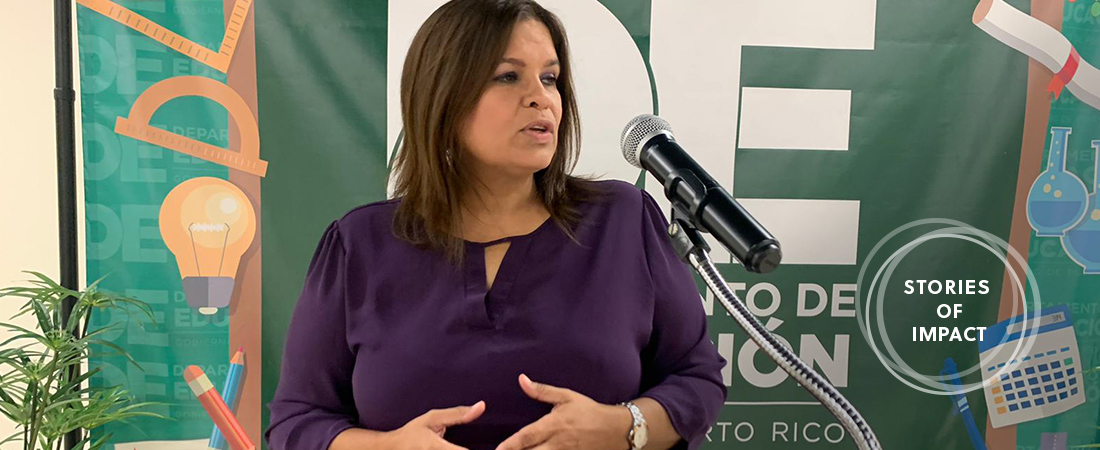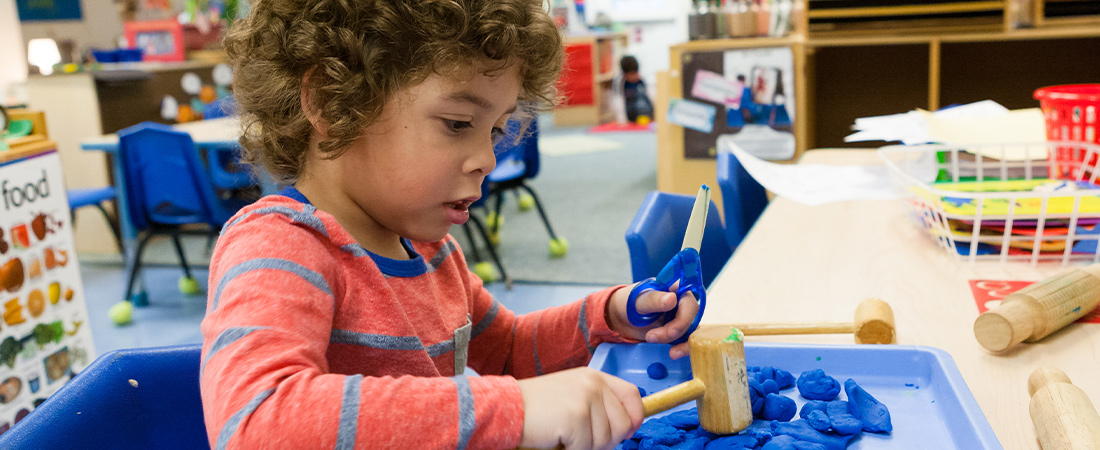When Boston Public Schools needed survey data analyzed in record speed, EDC turned to machine learning.

To help all learners reach their full potential, it’s vital to know which policies, programs, and practices work best. Since 2006, Regional Educational Laboratory (REL) Northeast & Islands at EDC has bridged the worlds of research and practice, providing teachers, school and district leaders, and state policymakers with evidence-based strategies to improve student outcomes.
Through REL Northeast & Islands, EDC has reached 395,000 teachers and 5.2 million students in 11,000 public schools. While we focus on meeting the Northeast region’s urgent research priorities—including college and career readiness, early childhood education, and social and emotional learning—our findings, toolkits, courses, and guides are in use nationwide.
Today, as schools confront the long-term learning challenges brought about by the coronavirus pandemic, REL researchers are supporting efforts to address learning loss, widened opportunity gaps, and students’ mental health needs. Across the region, we partner with educators and elected officials to build their capacity to conduct applied research, use data to guide decisions, and strengthen programs and systems.
Featured

Educators improve the classroom experience with support from data coaches.

EDC is helping lawmakers in Vermont improve a landmark early education program.

With widespread school closures, educators and district leaders are working non-stop to ensure all students have access to learning opportunities and other services that schools provide, like free lunch—all while taking steps to stop the spread of COVID-19.

With COVID-19 continuing to force schools to close nationwide, EDC researchers and educators offer tips to help learning work for all students.
Educators and researchers examine connections between research, policy, and practice.

When Boston Public Schools needed survey data analyzed in record speed, EDC turned to machine learning.

Educators improve the classroom experience with support from data coaches.

EDC is helping lawmakers in Vermont improve a landmark early education program.

With widespread school closures, educators and district leaders are working non-stop to ensure all students have access to learning opportunities and other services that schools provide, like free lunch—all while taking steps to stop the spread of COVID-19.

With COVID-19 continuing to force schools to close nationwide, EDC researchers and educators offer tips to help learning work for all students.
Educators and researchers examine connections between research, policy, and practice.